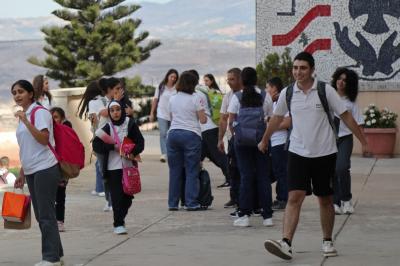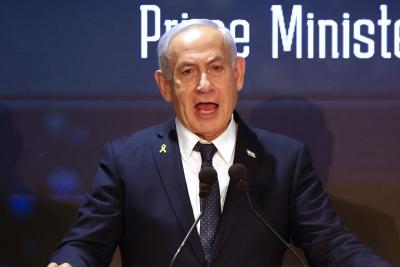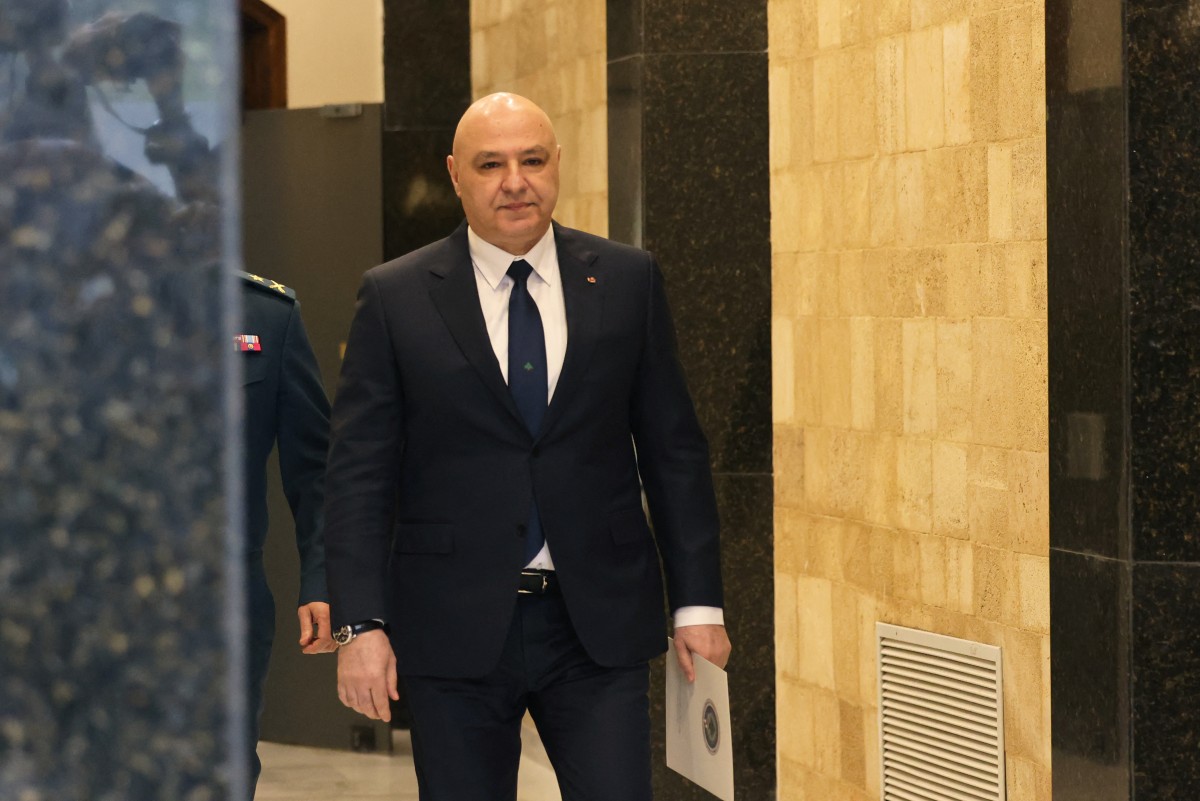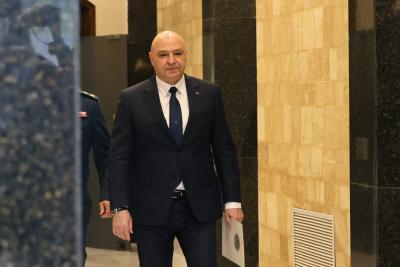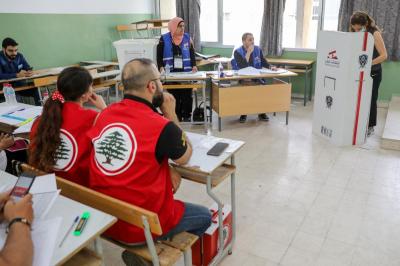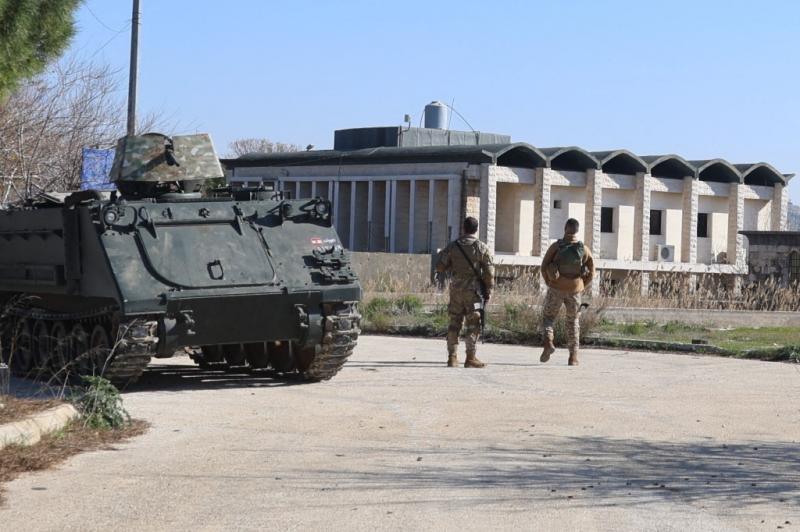Following in the footsteps of his predecessor, Michel Aoun, President Joseph Aoun has chosen Saudi Arabia as the destination for his first official visit abroad. However, beyond the symbolism, this visit takes place in a profoundly reshaped Lebanese, regional, and international context. The election of a new president after more than two years of political vacuum, the formation of a government, the Israeli war that has weakened Hezbollah both militarily and politically, and the return of Donald Trump to the U.S. presidency are all factors redefining the landscape.
Joseph Aoun traveled to Riyadh carrying files previously handled by Michel Aoun, but under more favorable conditions this time. His predecessor had made numerous goodwill gestures to restore ties with the kingdom but failed to establish himself as a credible partner—partly due to his relationship with Hezbollah but also because of his contentious handling of former Prime Minister Saad Hariri. Unlike Michel Aoun, who was elected against Riyadh’s will and was subsequently isolated economically, Joseph Aoun was propelled to the presidency with Saudi support and immediately received official recognition, marked by a visit from the Saudi foreign minister.
Saudi Arabia now appears ready to reopen the door to investments in Lebanon—limited and conditional on economic and financial reforms, yet still marking a break from the previous years of ostracism. A gradual resumption of Saudi visits to Lebanon is also expected, signaling a tangible warming of relations between Beirut and Riyadh. However, this opening comes with a clear red line: Lebanon must enter a new era in which Hezbollah no longer plays a central role.
A Strategic Turning Point for Beirut
This visit holds particular significance in a transformed geopolitical landscape. While the rivalry between Saudi Arabia and Iran remains intense, it has shifted from direct confrontation to a more diplomatic approach. Tehran has lost ground in Syria and Lebanon, freeing Joseph Aoun from some of the constraints that Michel Aoun faced. This new dynamic allows him to strengthen ties with the Arab world without risking direct confrontation with Iran.
However, a challenge may arise: U.S. pressure for normalization with Israel. If Washington pushes Joseph Aoun to engage in discussions on the matter, he will have to assess the Saudi position before making any commitments to avoid jeopardizing his budding relationship with Riyadh. Likewise, the rapprochement between Saudi Arabia and Qatar could work in his favor, as both nations wield significant influence over Lebanese and Syrian affairs.
Saudi Arabia has also maneuvered skillfully within the "Five-Party Committee" handling the Lebanese dossier. Initially taking a backseat, Riyadh gradually sidelined France, Egypt, and Qatar, establishing a U.S.-Saudi dynamic that ultimately led to Joseph Aoun’s election and Nawaf Salam’s appointment as prime minister, with explicit approval from Crown Prince Mohammed bin Salman.
Lebanon Caught in Regional Tensions
The regional landscape remains highly volatile, particularly in Palestine. Backed by Washington, Israel’s strategy to expel Palestinians from Gaza and the West Bank is a growing concern for Riyadh, especially as Prime Minister Benjamin Netanyahu continues to push for territorial expansion. Saudi Arabia, having rejected this project, was directly challenged by Israel over the possibility of resettling Palestinian refugees on its soil.
On the Lebanese front, Joseph Aoun has been informed by U.S. officials that the five strategic points recently occupied by Israel in southern Lebanon will not be relinquished. Utilizing advanced military technologies, Tel Aviv has established territorial control without deploying troops, transforming these areas into heavily monitored zones, while Syria remains under constant threat of airstrikes.
Finally, this visit comes at a crucial moment, just ahead of a highly anticipated summit between Donald Trump and Russian President Vladimir Putin in Riyadh. This meeting could reshape the strategic balance in Europe and the Middle East, potentially bringing an end to the war in Ukraine and forging a new U.S.-Russia partnership. In this context, Joseph Aoun may seek to ensure that Lebanon is not sidelined in the upcoming negotiations. Riyadh, now a key player on the global diplomatic stage, could play a crucial role in safeguarding Lebanon’s interests in this evolving geopolitical framework.
 French
French


